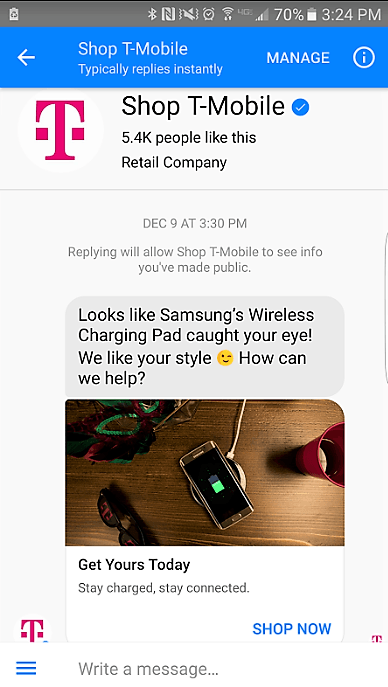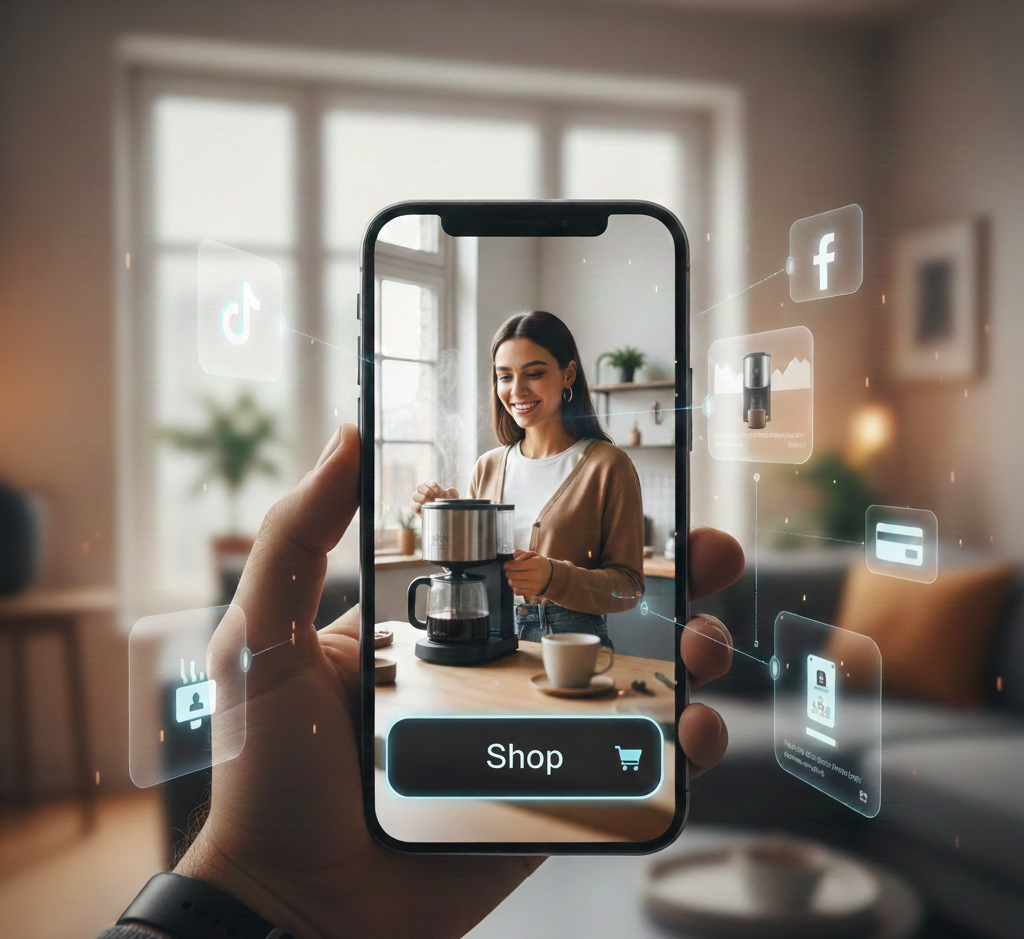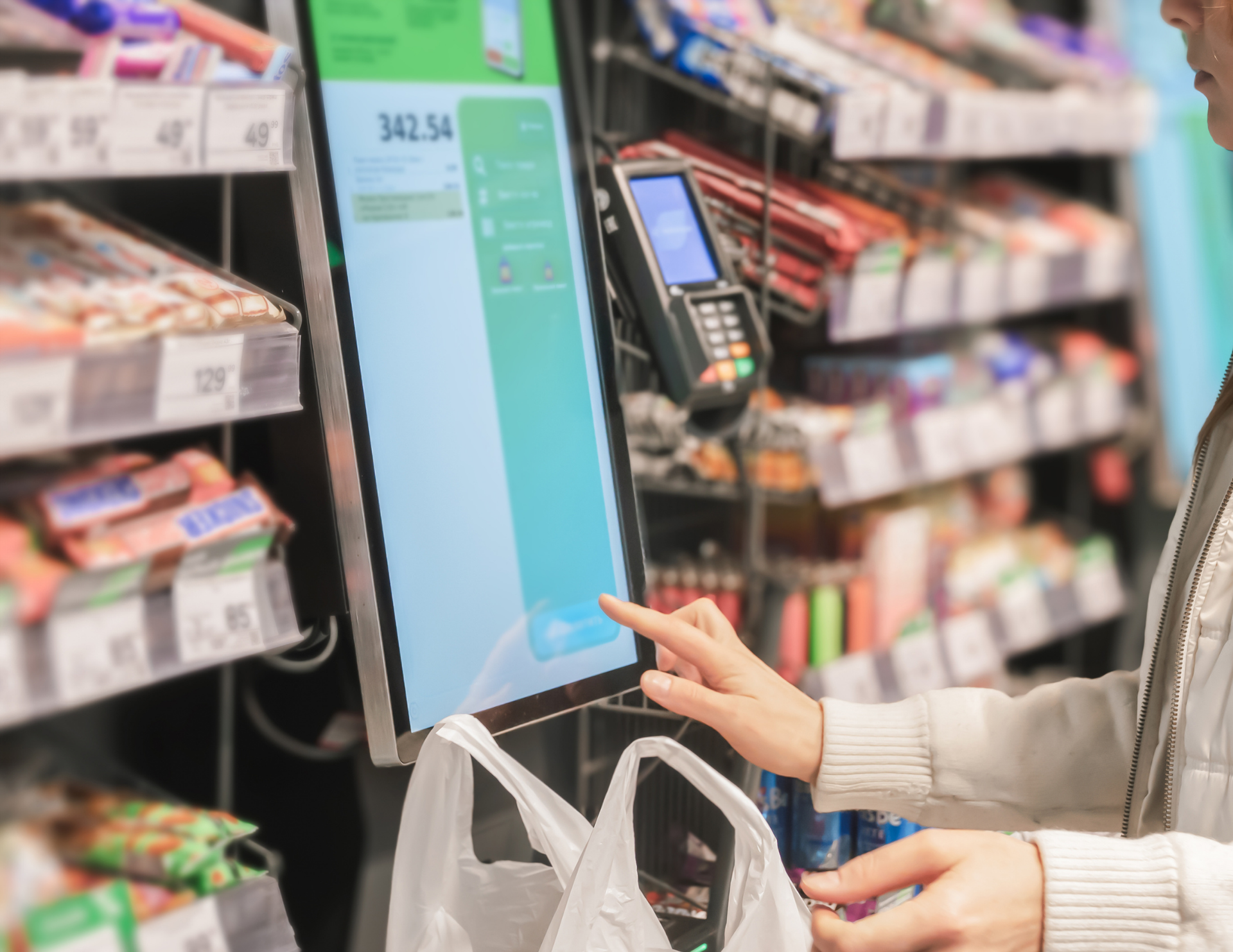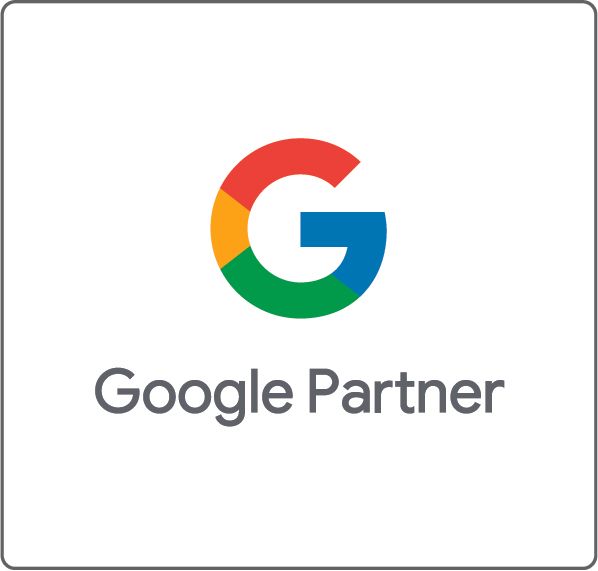The Chatbot Takeover!
Remember when people really thought that robots could eventually take over the world? Turns out those people weren’t completely crazy, however, they were wrong in some aspects. Robots aren’t taking over the world, they are actually trying to make our lives easier and help businesses talk to their customers. The prevalence of robots or automation in the world/workforce is becoming more obvious everyday. A recent phenomenon in the world of automation is the development of chatbots. Chatbots, in simple terms, are computer programs that are designed to simulate conversation with human users, specifically over the internet. These conversation usually deal with a variety of tasks like scheduling meetings, helping customers with problems and even helping them make purchases.
Most chatbots come in the form of online interfaces built into a company's website or app where customers can interact through basic text messaging. Texting is second nature to most people and it’s a great introduction to the potential of chatbots and how they can be a rewarding service or marketing opportunity.
A recent study done at DigitasLBi, a Global Marketing and Technology Agency, found that more than 1 in 3 Americans (37%) would be willing to make a purchase through a chatbot with the average price being around $56. That number increases to almost 50% when talking about millennials. However, this study also reveals that 73% of Americans would likely not use a company’s chatbot again after having a bad experience with it. In other words, you have to make sure a chatbot will benefit your customers experience.
Never miss an update from “The Shoppe,” sign up for our email list today!
Subscribe
Sign up with your email address to receive news and updates.
Subscribe
We respect your privacy.

















